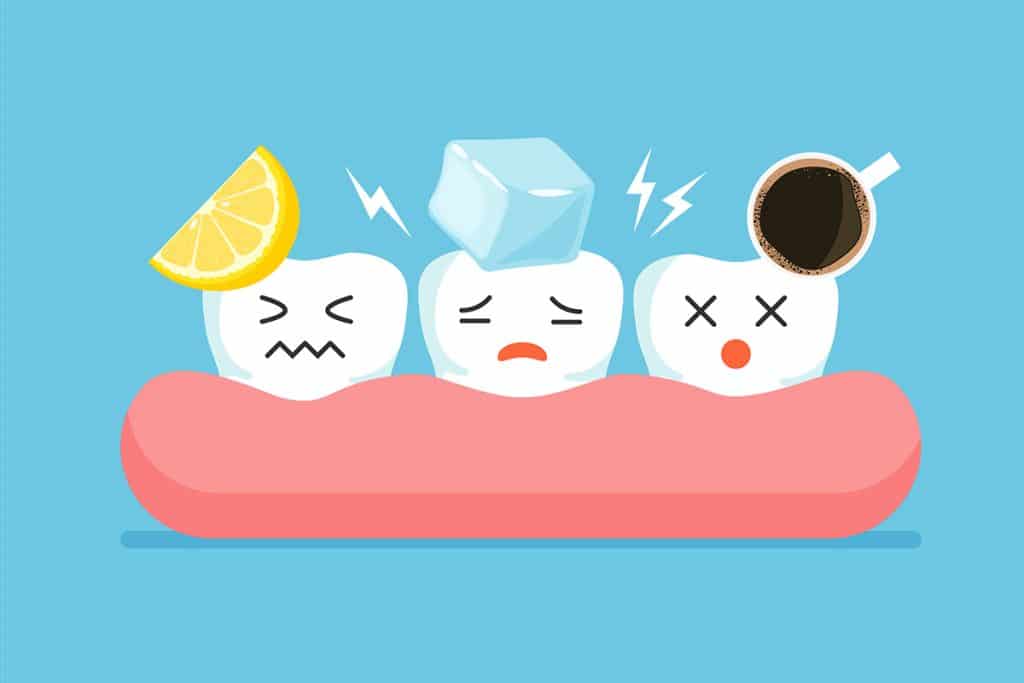Five Tips for Managing Sensitivity

Most of us have experienced sensitive teeth at some point or another. Sometimes this happens while eating or drinking and then goes away. Sometimes this even happens spontaneously. Tooth sensitivity is very common but there are many different causes and in turn many different
ways to manage it.
The teeth are made up of different layers of hard tissue and even have their own nerves. The gums then surround the teeth and can also play a role in sensitivity. Things like worn down hard tissue/enamel, cracked teeth, deep cavities, inflamed nerves, and gum recession can lead to sensitivity. In order to best treat sensitive teeth it's important to consult with your dentist to find out the cause and the proper
treatment for you.
If your dentist recommends managing your sensitivity at home, here are five tips:
1. Use a desensitizing toothpaste
Toothpastes with ingredients like potassium nitrate can protect sensitive areas on the teeth. This can help prevent the occasional sensitivity that you may experience when you have gum line sensitivity. These toothpastes can be found over the counter at pharmacies and grocery stores.
2. Brush lightly and use a soft brush
Make sure you are using a toothbrush with soft bristles. Using a toothbrush with medium or hard bristles can be too harsh on the gums and enamel leading to sensitivity. When using a soft toothbrush you also want to use light pressure only.
3. Nightguards
Clenching and grinding the teeth can lead to sensitivity from the additional pressure on the teeth. Talk to your dentist about wearing a nightguard at home to help prevent some of this extra force on the teeth at night.
4. Avoid foods that make your teeth more sensitive
Certain acidic, spicy or even really hot and cold foods can make the teeth sensitive and affect the enamel. If this is the case, try to avoid these foods or eat them less frequently.
5. Use products with fluoride
Fluoride helps prevent cavities and can remineralize the enamel. There are many different types of fluoride and most drinking water contains fluoride. Using fluoride products can help protect the hard tissues of the teeth. Your dentist can help recommend the best product for you whether it be a toothpaste or mouthrinse.
Your dentist may also recommend that you see a gum specialist or a periodontist to address gum sensitivity if it cannot be managed at home. It is important to see your dentist for regular checkups and cleanings as well as to maintain good oral hygiene at home to help combat sensitivity!
